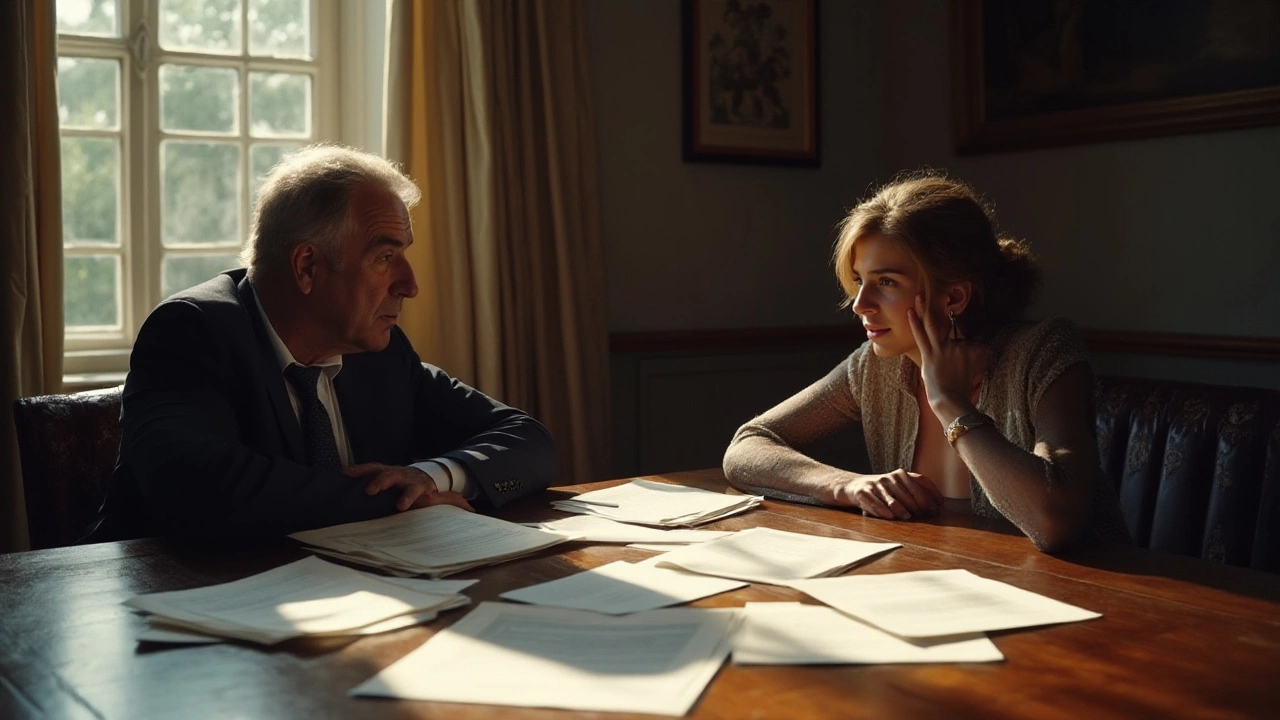Inheritance can sometimes be a contentious issue in marriages, especially when it comes to shared ownership homes. This article explores the legalities surrounding whether a husband can leave his wife out of the will. It delves into the implications of such decisions, the legal measures a wife can take to protect her interests, and the impact of different state laws. Understanding these complexities can help couples manage their shared assets more effectively.
Inheritance Laws: Simple Guide to Property, Wills and Joint Ownership
If a loved one dies, the biggest question is often: who gets the house? In the UK, inheritance laws decide that, but the rules change depending on how the property is owned and whether there’s a will. This page breaks down the basics so you can avoid surprises and make smarter decisions now.
How Property Passes When Someone Dies
When a person dies without a will (intestate), the law splits the estate into set shares. The surviving spouse usually gets the first £270,000 plus half of whatever is left, while children share the rest. If there’s a will, the executor follows the instructions, but the will still has to respect the legal minimum for a spouse. Ignoring these limits can lead to a claim from the partner that delays everything.
Every property counts, even if it’s rented out or held in a trust. Valuing it correctly is crucial because the inheritance tax threshold is £325,000 (plus the main‑home nil‑rate band). Anything above that may be taxed at 40%. A common mistake is assuming a low‑rent property is tax‑free – it’s not. Getting a professional valuation early saves money later.
Joint Ownership and What Happens at Death
Most couples own homes either as "joint tenants" or "tenants in common". Joint tenants own the whole property together, and when one partner dies, their share automatically passes to the survivor – no probate needed. Tenants in common each own a specific percentage, and that share can be left to anyone in a will. Knowing which type you have changes the whole inheritance picture.
If you’re buying with a friend or family member, think about what happens if one person wants out or passes away. A simple co‑ownership agreement can spell out buy‑out options, preventing a forced sale later. It also helps the surviving owner avoid unexpected tax bills because the inherited share may push the estate over the tax threshold.
Remember that mortgage lenders still need to approve any change in ownership, so keep the lender in the loop when you update your will or co‑ownership agreement. A quick chat with your mortgage broker can keep the process smooth.
Planning ahead makes a huge difference. Draft a will, review your ownership type, and talk to an estate‑planning solicitor. Even a short 30‑minute session can point out hidden pitfalls and give you peace of mind that the house will go where you intend.
